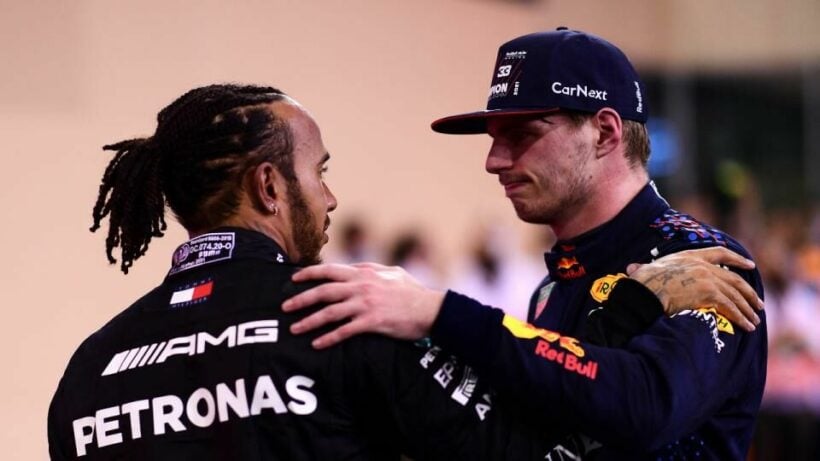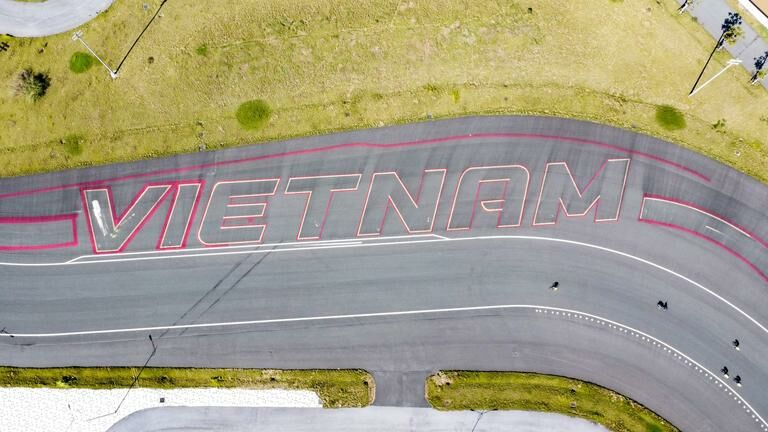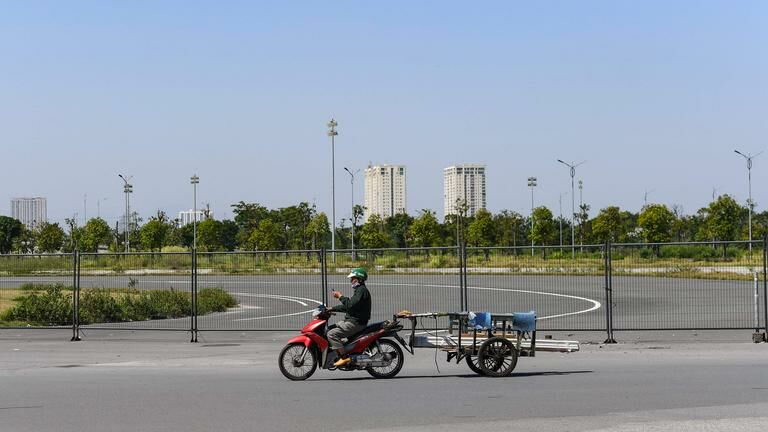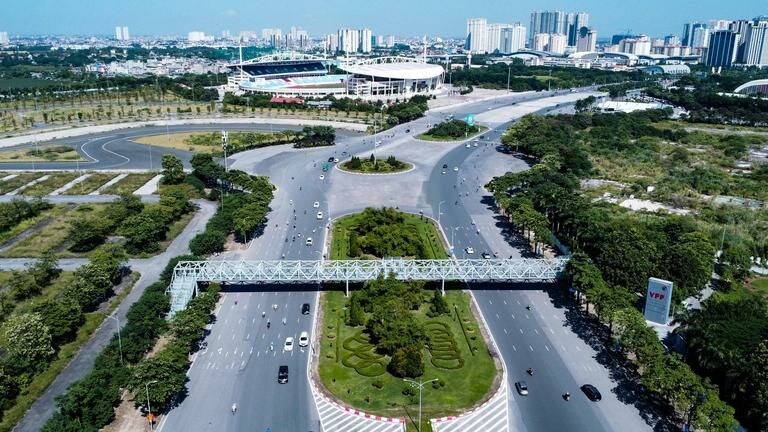Red flag – the profitable end of Hanoi’s car-crash F1 GP

With the possible exception of a Qatar World Cup, few sporting sagas could be more absurd and inappropriate than the story of the never-to-be Hanoi Grand Prix, as told by Australia’s Fox Sport.
Vietnam has no tradition whatsoever in the sport of Formula 1, nor any motorsport for that matter. The moment plans for a Hanoi Grand Prix were announced, it was clear that this would be an event exclusively devoted to making certain rich people richer, and generally wasting massive amounts of resources.
Wasted so far? US$600 million (23 billion baht). Wasted, perhaps, but whoever owns the pockets where the cash now nestles – the former mayor of Hanoi, for example – probably doesn’t see it as a waste. Lawyers involved will probably make more money than any drivers, not that drivers will be showing up any time soon.
Fenced off to the public and dotted with plastic waste, Hanoi’s motor race circuit is largely abandoned. False hopes that Vietnam’s capital would ever host an F1 grand prix are fading fast, like Max Verstappen’s taillights before Lewis Hamilton’s brimming eyes. It would be interesting to try to identify a single person who, for even a brief moment, seriously believed an F1 race would be run in Hanoi. It would appear that everyone involved went into the deal with their eyes and pockets wide open.
The city was set to make its F1 debut in 2020 but the race was cancelled because of the pandemic and Hanoi has disappeared from the F1 conversation since.
The stands have been torn down and most of the circuit is empty and unblemished. A few cyclists sneak in and tootle around the track every day, but it’s hardly Le Mans. In terms of “Monte Carlo or Bust,” Hanoi chose bust.

The track is in a wasteland of yellowing grass, weeds and trash blown in by the wind, but the surface itself is like new, with “Vietnam” still embarrassing clear where it was painted on the tarmac. Outside the surrounding metal fence, motorbikes have already reclaimed roads that were once part of the 5.6-kilometre circuit.
Vietnam somehow managed to cobble together a 10-year deal with F1 in 2018. It’s basically a sportswashing stunt, betting that race day glamour could reshape Hanoi’s brutal image, and provide more opportunities for those at the top to syphon off some of the rewards of the recent economic liftoff.

The country’s largest private conglomerate, VinGroup, was happy to pick up the tab. After the 2020 cancellation, the race was dropped from the 2021 calendar when city mayor Nguyen Duc Chung, a major supporter of the grand prix, was shockingly arrested on completely unrelated alleged corruption charges and is now said to be spending 10 years behind bars. Chung’s downfall must have come as a terrible shock to F1’s governing body.
Without Chung overseeing the flow of cash through the project, the future of the race was gloomy.
In June last year Hanoi ruled out hosting the race until 2029, but authorities have refused to confirm the news.

Latest Thailand News
Follow The Thaiger on Google News:


























